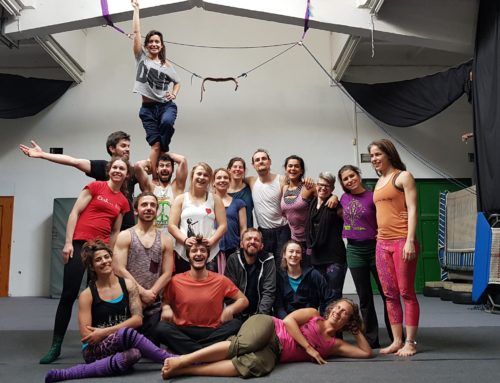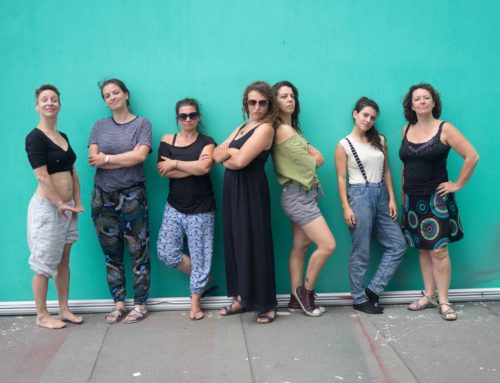Cabuwazi
Cabuwazi received funding in 1994 to develop the Contemporary Youth Circus of Berlin.
Their main activity is to offer free trainings for young people from the age of 8 years upwards,
although they also offer other activities such as Kitamobil, Cabuwinzigs, school project weeks,
circus beyond borders and circus academy, which we will explain in detail later.
They have five tent locations in Berlin: Treptow, Tempelhof, Altglienicke, Kreuzberg and Marzahn.
Every location is self-sufficient at the economic level, presents its own projects and receives
sub-grants for these. The main sources from which they receive grants and income are: the Senate
(State of Berlin), the City of Berlin, District, Foundation courses, and Donations.
Cabuwazi is an organization highly connected at a European level. They have a wide network
reach and participate in many different partnership projects including Caravan, Eyco, Nice, Cirque
du Monde and Educircation. At its inception Karl Köckenberger, founder of Cabuwazi, decided to
wait until the company was developed and competent on a national level before expanding into
European projects. They also work with countries outside of the European Union through EVS,
through youth exchanges to Mexico, Israel, Palestine and Belarusia, and through social projects
around the world.
PHILOSOPHY AND MISSION:
Cabuwazi represents a <<cultural learning facility a place for meeting new people and inclusion>>.
They develop circus pedagogical programmes at five tent locations in Berlin, with the mission that
children and young people “become stronger” through training and encouraging the cultural, social,
aesthetic and motor skills of youth and adolescents through the involvement of circus arts.
As they explain: <<Children and teenagers can experience self-awareness and self-confidence,
creativity and artistic diversity in the circus. Their shows are part of the cultural life in Berlin and the
enriching programmes reach beyond their neighbourhoods>>.
Use the free time during the JST
Informal learning, so important in these exchanges. It arises especially in free time.
● Informal meetings
Safe atmosphere, more confident feeling, more empowerment, more possibilities of taking the
initiative
● There is no hierarchy or leaders
Cooperation is very important in the JST and you can share responsibilities/ tasks during the stay
● Learn about the other organizations
You learn about the management, courses, pedagogy of the other participating organizations. We
share experiences and tricks of others.
● Networking
Knowing everyone really well in an intimate environment, leads to more trust and connection
between organizations







Leave A Comment